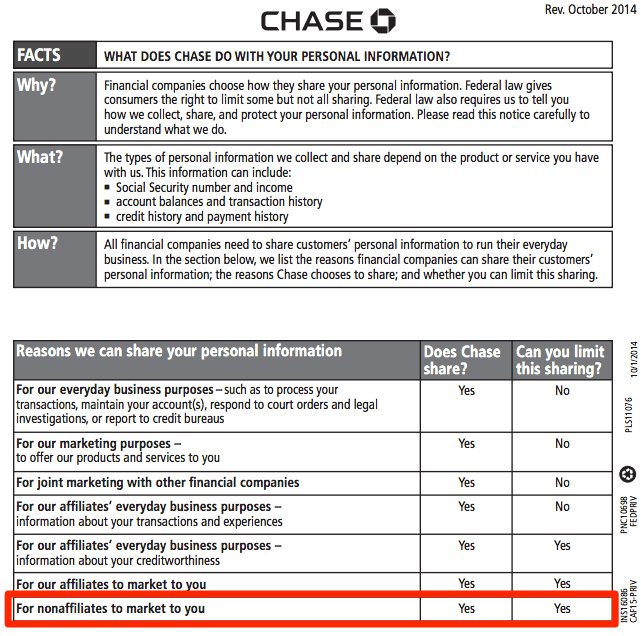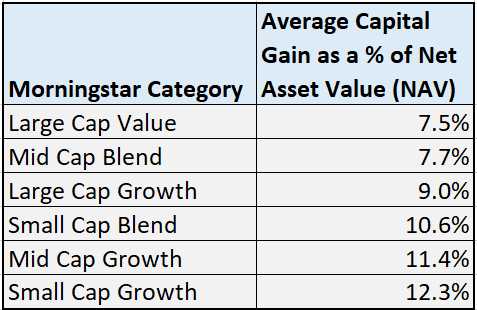I came across an article about fake check scams and what to look out for if you receive an unexpected check in the mail. Unfortunately, these types of scams are happening more and more frequently. The following are some really good tips on what to do and what not do if you find yourself in this situation.
To avoid fake check scams, follow these tips:
Don’t “keep the change”- No legitimate company will overpay you and ask that you wire the difference back to the company or to some third party. Be extremely wary of any offer-in any context- to accept a check or money order in an amount greater than you are owed.
Don’t cash the “unexpected” check- Companies rarely if ever send checks that don’t include some explanation of why the check was issued. Unless you are expecting the check- and you are absolutely certain it is meant for you- do not cash it.
Call the company directly to verify the check- Remember that some fake checks will have a legitimate company’s actual account number with the correct bank routing number. Call the company directly to verify the check, using a telephone number you obtain on your own from directory assistance. Do not use any telephone number that appears on the check or any instructions you receive.
Know the hallmarks of fraud- Fake check scams typically have a number of red flags, such as:
-Typos: Watch out for online postings or emails that are riddled with typos and poor grammar.
-Mismatched names: Compare the name of the person or company posting the opportunity with the name on the check you receive- and beware if they don’t match.
Pressure to act quickly- Be aware that it can take 10 days or even more for your bank to determine that a check is a counterfeit. Don’t wire or transfer funds until you have verified with your bank that the check has cleared- even if the bank allows you to withdraw the money sooner.
If you do receive a suspicious check, contact one or more of the following organizations right away: local police, the Internet Crime Complaint Center (a partnership between the FBI and the National White Collar Crime Center), or the U.S. Postal Inspections Service (if the check arrived by U.S. mail).
Source: Compliance E-News, May 31, 2017, Published by The Consortium®


